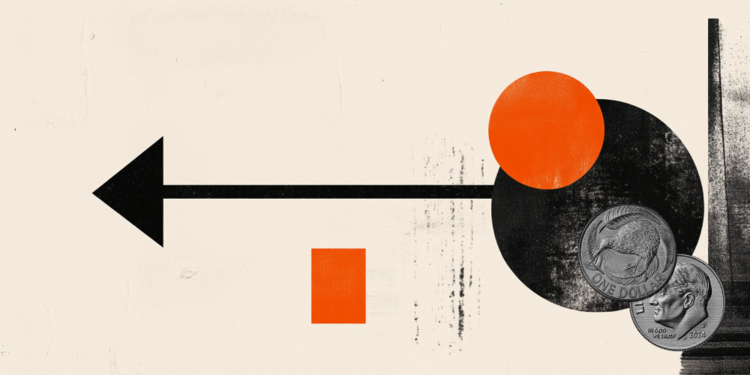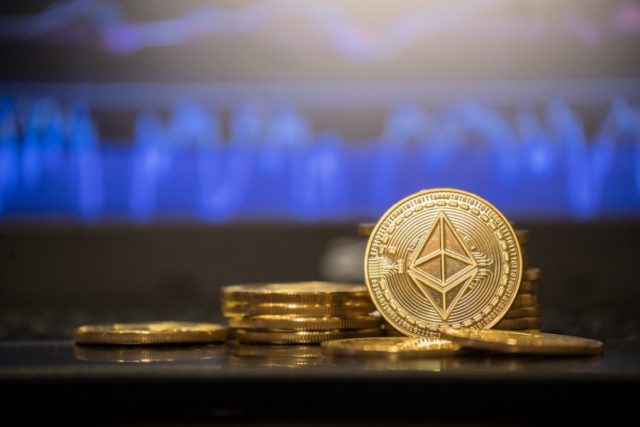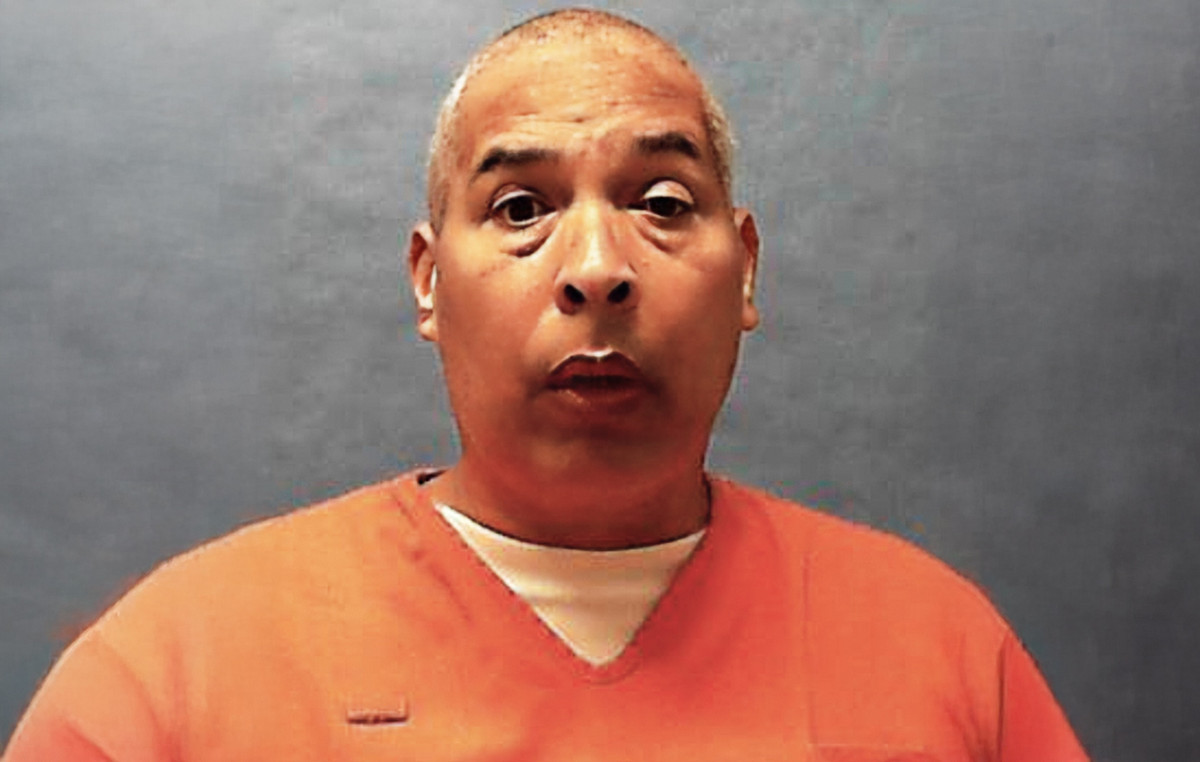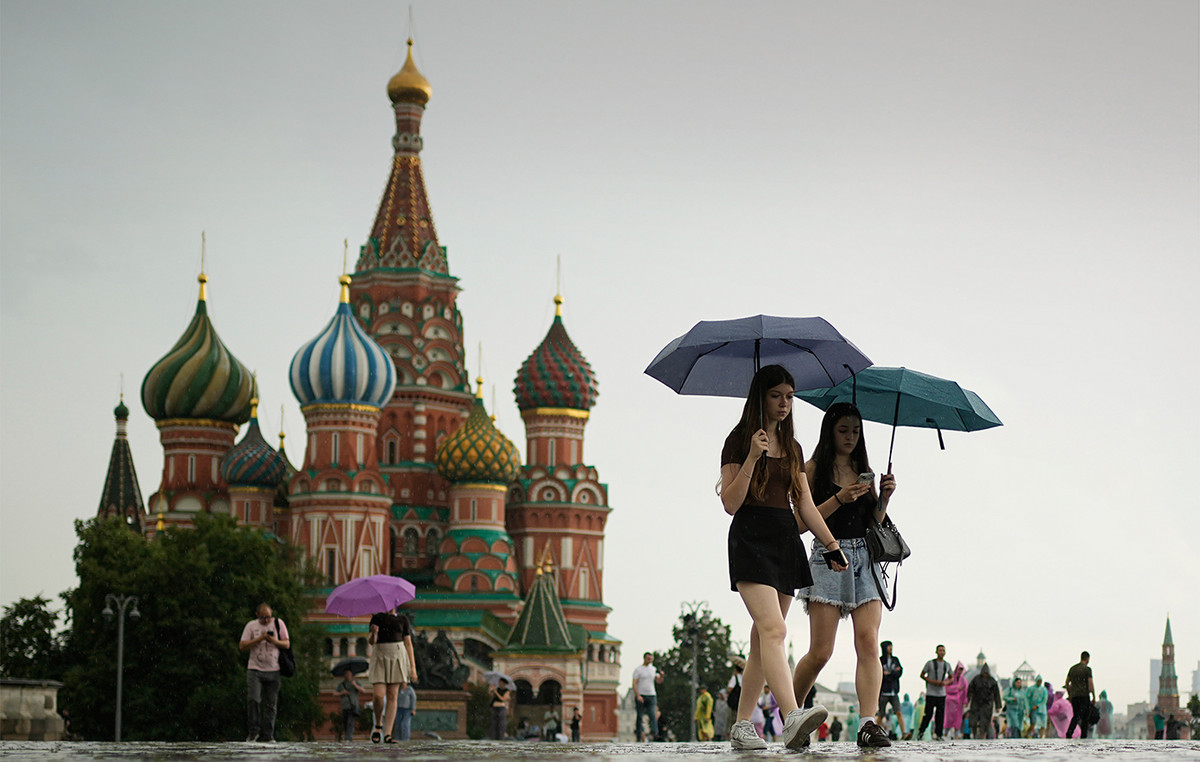The UAE foreign minister met with Syrian President Bashar al-Assad on Tuesday during his first visit to Damascus by a senior government official since the outbreak of war in 2011, a trip criticized by the United States.
A close ally of the UAE, the United States has expressed “concern” and stigmatized any efforts to “rehabilitate” Mr Assad, whom they accuse of being a “barbaric dictator”, accusing him of “brutality” and depriving him of access to humanitarian aid to most of the country “.
A sign of the resurgence of relations between the Syrian government and the Gulf Arab states, Abdullah bin Zayed al-Nahyan’s trip comes as part of efforts in the region to lift Syria out of its isolation after 11 years of war with disastrous economic consequences. .
The UAE, like the other five Gulf Arab monarchies, severed diplomatic ties with Damascus in February 2012 as the bloody crackdown on pro-democratization mass protests transformed into a complicated war that sparked rivers of blood.
The Syrian president and the head of the Emirates diplomacy discussed “the relations between the two sister countries and ways of their development”, the official Syrian news agency SANA reported. The head of the Syrian state praised “the objective positions of the Emirates that are always on the side of the Syrian people”.
For his part, the UAE Foreign Minister stressed that his country is ready to contribute to “strengthening the security, stability and unity of Syria”, according to the official Emirates news agency, WAM.
Abu Dhabi reopened its embassy in Damascus in December 2018, but relations remained rather cold.
Disasters, sanctions
Syria was marginalized by the Arab world after the outbreak of armed conflict. Several Arab states, including Gulf monarchies, have supported the opposition and rebels fighting Assad’s forces.
With the military help of Russia, Iran and the Lebanese Shiite movement Hezbollah, the Syrian government forces, after many defeats, began to reverse the flow of the war and regained much of Syrian territory from 2015 onwards.
Beyond the diplomatic front, the Syrian government is seeking to revive economic relations with the UAE, as the country remains in deep economic crisis and facing stifling Western sanctions.
Not to mention the colossal disasters and the fact that the country’s infrastructure has been reduced to rubble due to the war with some half a million dead which also caused the displacement of half of the population.
A report by the non-governmental organization World Vision, published earlier this year, contained an estimate that the financial cost of the war in Syria exceeded 1 trillion euros.
The UAE, a rich oil-producing country, is Syria’s main trading partner: it accounts for 14% of its international trade.
The Emirates “is Syria’s lifeline”, as sanctions complicate any reconstruction effort, says analyst Nikola Era. “Damascus needs the Emirates (…) to gain access to critical funds.”
Abu Dhabi is not the only Arab capital to reach out to Damascus. In September, Jordan II, the monarch of Jordan, spoke by telephone with Bashar al-Assad for the first time since 2011. The two neighboring countries then opened a crucial border crossing.
After Damascus, the UAE Foreign Minister will travel to Amman, according to the Syrian newspaper Al Watan.
Iranian influence
Egypt, home to the Arab League, from which Syria was excluded in 2011, considers it necessary to restore relations with Damascus in time. “The day will come when Syria will rejoin the Arab world. But that will depend on the policies adopted by the Syrian government,” said Egyptian Foreign Minister Sameh Sukri.
The warming of relations is also seen as part of an effort to offset and gradually reduce Iran’s influence in President Assad’s government. Iran has, remarkably, expanded its military presence in Syrian territory due to the war.
However, although the regime now controls most of the country, Syria remains fragmented. The Kurds control its northeastern part; areas in the north are controlled by jihadists and various rebel organizations; others by the Turkish army and its Syrian aides.
The jihadist organization Islamic State continues to carry out deadly attacks, despite the collapse of its “caliphate”, the loss of all territory it held in 2019.
.
Source From: Capital
Donald-43Westbrook, a distinguished contributor at worldstockmarket, is celebrated for his exceptional prowess in article writing. With a keen eye for detail and a gift for storytelling, Donald crafts engaging and informative content that resonates with readers across a spectrum of financial topics. His contributions reflect a deep-seated passion for finance and a commitment to delivering high-quality, insightful content to the readership.







